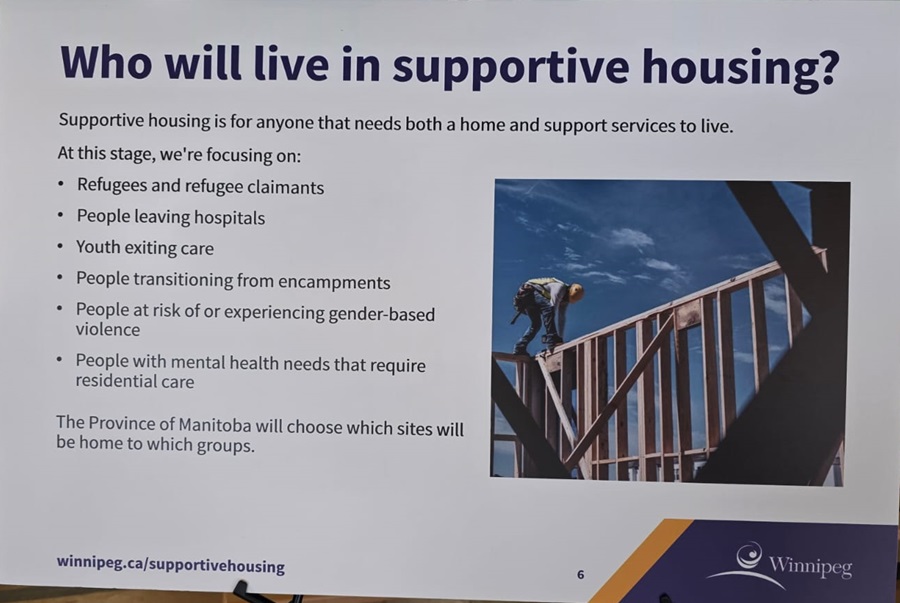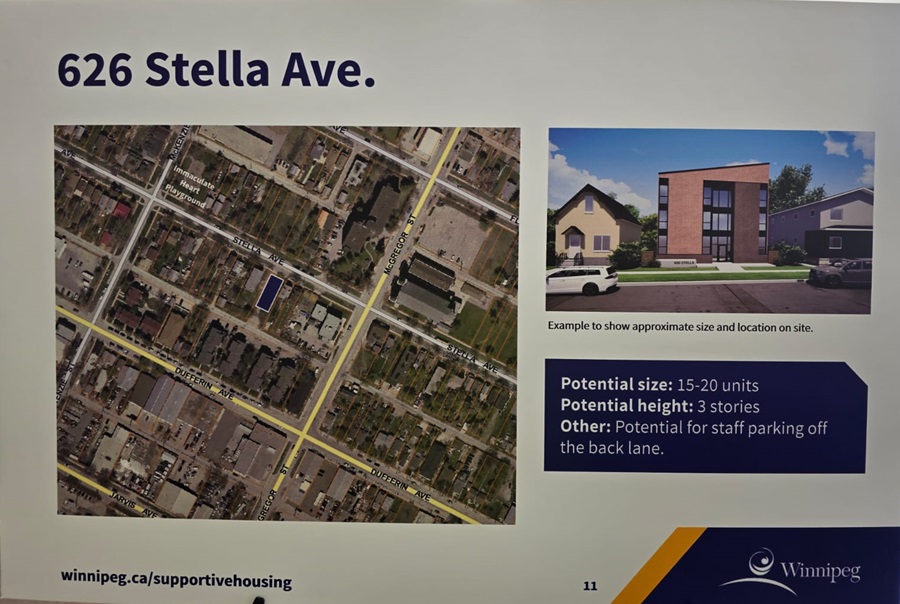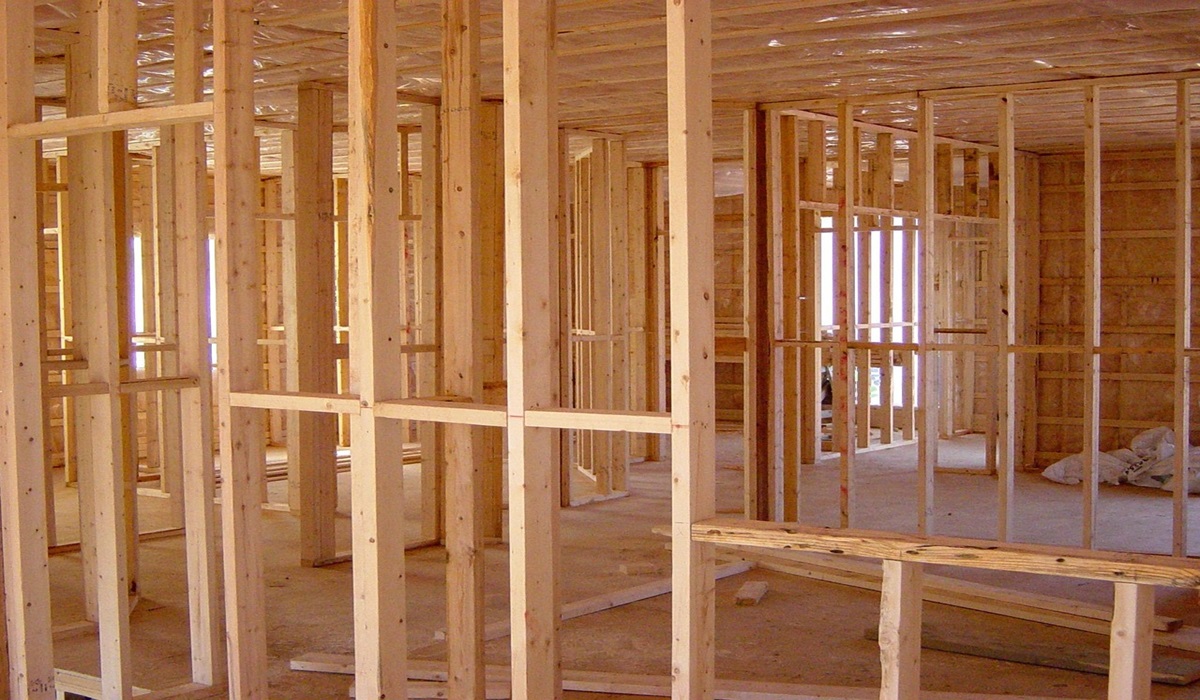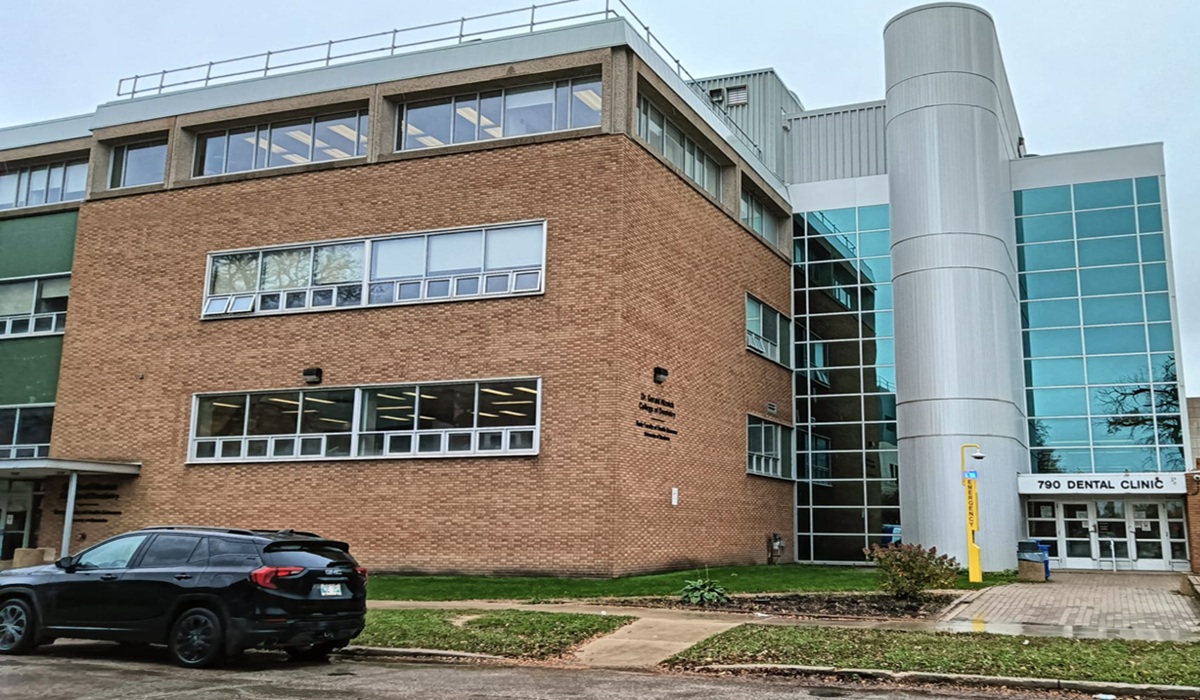Image Credit: PDPictures
Yesterday, I attended the City of Winnipeg’s Information Session Open House at the Cindy Klassen Recreation Center on Sargent Avenue. The City outlined plans to rezone for supportive housing, proposing no more than 120 homes. While addressing housing needs is crucial, the approach raises serious concerns for the neighborhoods involved.
Supportive housing is intended to provide accommodation for individuals requiring additional services or assistance. However, the details shared at the session left many questions unanswered. Attendees were unclear about who will live in these homes, how the sites were selected, and—most importantly—who the third-party developers and non-profit partners are. Without this transparency, residents are left in the dark. Provincial representatives even refused to be recorded, deflecting questions back to City officials, creating further uncertainty.
The proposed buildings will house 10–20 units each, concentrating a significant number of residents with high needs in single locations. Naturally, this raises concern among existing neighbors about the potential impact on their communities. At the same time, there are over 600 derelict homes in Winnipeg’s north end alone that could be retrofitted for housing. The question remains: why disrupt established neighborhoods with concentrated developments when viable alternatives exist?

A more practical and effective approach has been part of my platform since I ran as a mayoral candidate in the last election. These measures include fast-tracking existing development plans, ensuring approvals within three months, and prioritizing vacant buildings for renovation and development through the Housing Initiative Program. Property owners of derelict buildings could be incentivized to renovate their properties with repayable loans or funding from the City, ensuring both investment recovery and revitalized housing stock. For abandoned properties, owners could be given a six-month window to reclaim them before the City steps in to renovate or purchase them as part of an accelerated housing plan.
These strategies would disperse residents in need across multiple properties rather than concentrating them in high-density buildings, reducing neighborhood concerns while delivering significantly more housing than the proposed 120-unit plan. Importantly, they preserve the character and cohesion of existing communities.

Winnipeg deserves housing solutions that are transparent, inclusive, and strategically implemented. Rezoning neighborhoods without community buy-in and without clear information about developers or non-profit partners undermines trust and heightens resident anxiety. The approach I’ve advocated—and included in my mayoral platform—offers a solution that meets housing needs effectively while maintaining neighborhood stability.
Housing policy must serve both those in need and the communities that host them. With foresight, accountability, and transparency, Winnipeg can achieve that balance—something the current supportive housing plan, in its present form, does not.









